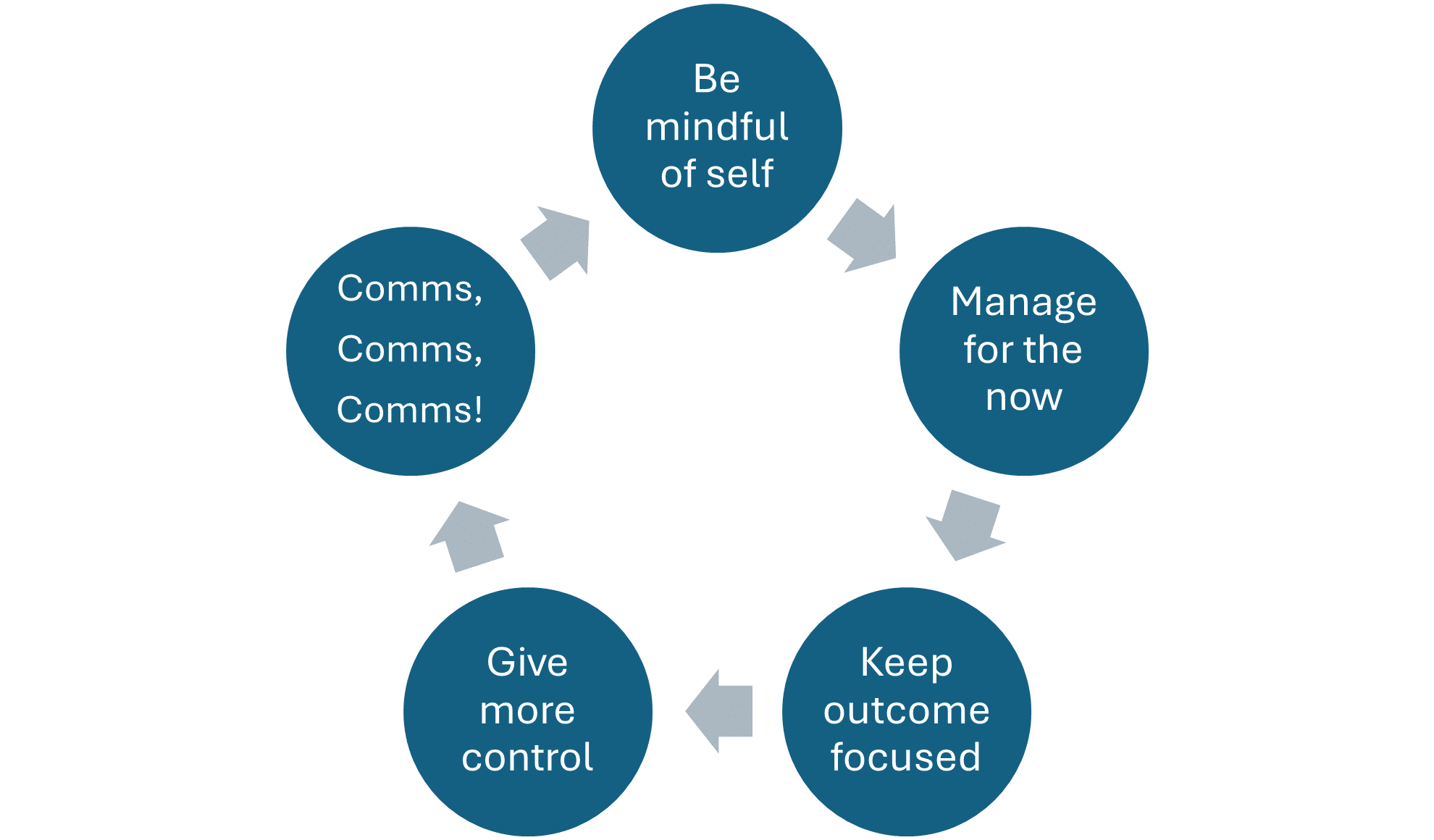Recently one of our team was working with a newly appointed Supervisor, and he asked her advice on correcting some payroll mistakes. The back story was that his team had been working long hours for two weeks to get something urgent completed for a customer and through an administrative oversight hadn’t been paid their overtime. He was livid and sick of being told the office team were “too busy” to help right now. He and his team were on the verge of walking out.
While we managed to calm him down and work through the issue constructively, it did start us thinking about business priorities and reflecting on where your team sit on your priority list?
We act with urgency to deliver for our customers, and we expect our team to do the same…….
But how much urgency do we attach to delivering for our own team?
No doubt your customers don’t have to chase you to respond to emails, fix mistakes or answer questions. That in turn ensures that they trust you, want to work with you again and builds a true customer partnership.
Applying the same principals with your team can have the same results and is a solid foundation for engagement and high performance.
“If you look after your staff, they’ll look after your customers. It’s that simple.”
Richard Branson.
We all set high customer service standards and create excellent service philosophies, so we definitely should be doing the same for our own team. The simple things matter so start small, make clear promises and keep them.
We suggest:
- Always pay them correctly and if there is a mistake fix it with urgency.
- Reply to staff emails as soon as possible, in any event within within 24 hours, even if it is with a holding email to say you will provide more information tomorrow.
- If you give them a time frame for an answer, keep it.
- If someone in your team sets a meeting with you, prioritise it – turn up on time and only cancel in an emergency.
- If someone in your team asks for help, say yes. You may not be able to help straight away (great if you can), but you can make it a priority and schedule a meeting as soon as possible.
- If it is performance review or pay review time, do them when you say you will.
- If you conduct a Staff Engagement Survey, provide feedback on the results and respond as soon a possible
- If a re-imbursement is owed, pay it promptly
These basics, which actually only reflect common courtesy, are crucial!
You can have the most impressive HR systems and communication plans in the world, but if your daily actions don’t show your team they are important and your top priority, then the rest won’t matter.
Getting this right and having high internal service standards will help your team deliver exceptional results and get right behind your external customer service promise.
Positive People have 30 years’ experience helping organisations build strong teams.
Call us now on 09 445 1077 – We can help.














